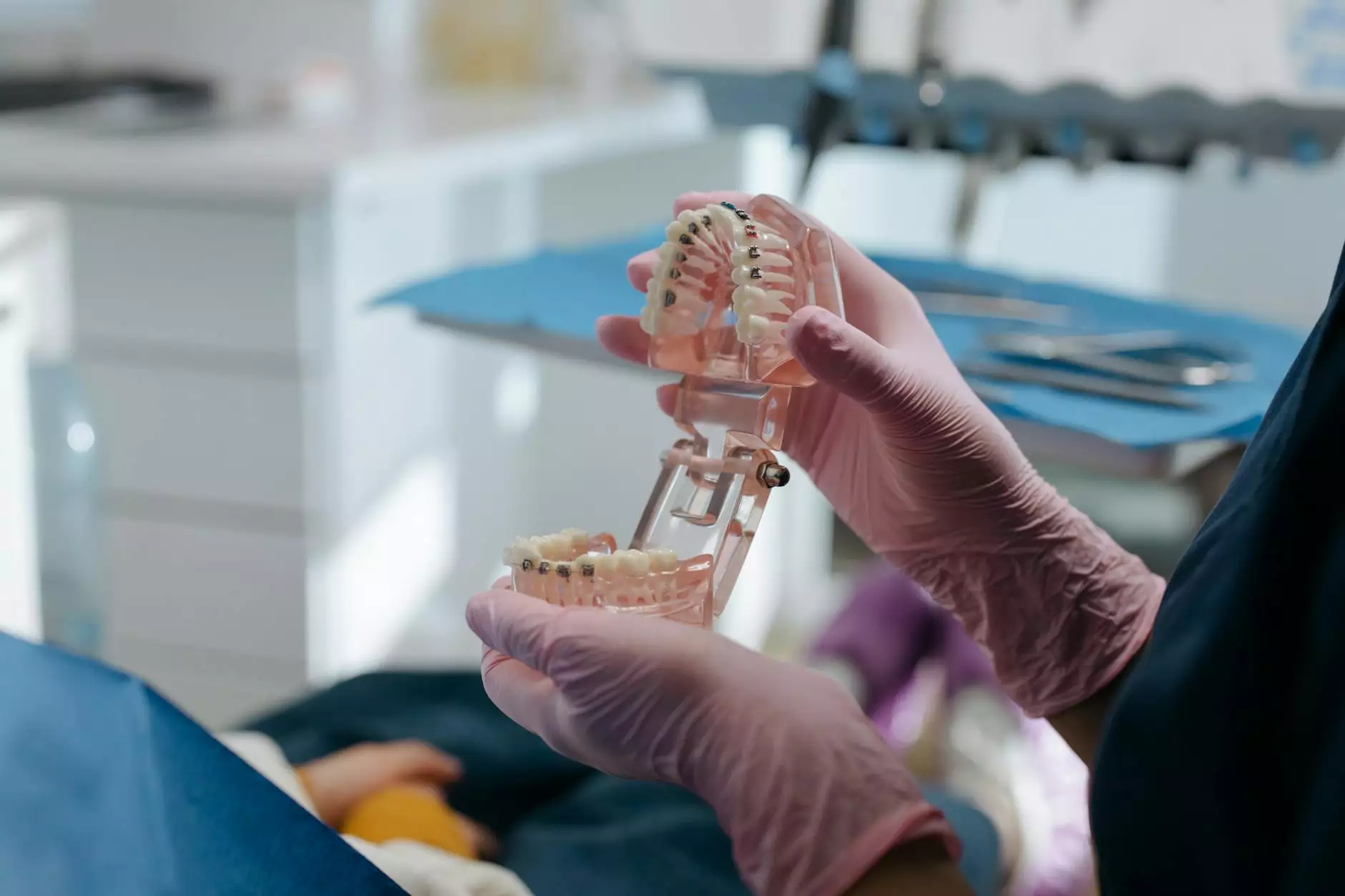A Deep Dive into the World of Lung Surgeons

The field of lung surgery is a vital component of modern medicine, focusing primarily on the diagnosis, treatment, and management of various respiratory conditions. The expert professionals who specialize in this area are known as lung surgeons or thoracic surgeons. This article aims to unravel the significance of lung surgery, the expertise of lung surgeons, and the various conditions they treat. We will provide a comprehensive review of what you need to know about lung health and the crucial role that these specialists play in improving patient outcomes.
What is a Lung Surgeon?
A lung surgeon is a highly trained medical professional who specializes in surgical procedures related to the lungs and the chest. These surgeons undergo extensive education, including medical school, residency, and often additional fellowship training in thoracic surgery. Their expertise allows them to perform a variety of operations aimed at treating diseases such as lung cancer, emphysema, pneumonia, and other respiratory conditions.
Educational Pathways to Become a Lung Surgeon
Becoming a lung surgeon requires a rigorous educational path characterized by multiple stages:
- Undergraduate Degree: A four-year degree in a relevant field, usually in science or health-related studies.
- Medical School: Completion of a medical degree (MD or DO), which typically lasts four years.
- Residency Training: A five to seven-year residency in general surgery, followed by specialized fellowship training in thoracic surgery.
- Board Certification: Passing rigorous board examinations to become certified by the American Board of Thoracic Surgery.
Conditions Treated by Lung Surgeons
Lung surgeons deal with a wide range of conditions, utilizing both surgical and non-surgical methods to treat patients. Some of the most common conditions include:
1. Lung Cancer
Lung cancer is one of the leading causes of cancer-related deaths globally. Lung surgeons play a pivotal role in diagnosing and treating this cancer through various surgical options such as:
- Lobectomy: Removal of a lobe of the lung.
- Pneumonectomy: Removal of an entire lung.
- wedge resection: Removal of a small section of the lung.
2. Chronic Obstructive Pulmonary Disease (COPD)
COPD is a progressive lung disease that causes breathing difficulties. In severe cases, lung surgeons may perform surgeries like lung volume reduction surgery (LVRS) to remove damaged lung tissue and improve breathing.
3. Pneumonia and Lung Infections
Severe cases of pneumonia or other lung infections may require surgical intervention, particularly if abscesses or infected areas need to be removed.
4. Pleural Conditions
Problems with the pleura, the membrane surrounding the lungs, can also necessitate surgical action. Conditions include:
- Pleural effusion: Excess fluid in the pleural space.
- Empyema: Infection leading to pus accumulation in the pleural space.
Common Surgical Procedures Performed by Lung Surgeons
The precise techniques employed by lung surgeons vary based on the condition being treated. Here’s an overview of some common surgical procedures:
1. Thoracotomy
A thoracotomy is an incision into the chest wall to access the lungs for diagnostic or therapeutic purposes. This procedure allows lung surgeons to perform intricate surgeries safely.
2. Video-Assisted Thoracoscopic Surgery (VATS)
This minimally invasive technique utilizes small incisions and a camera to guide the surgery. VATS is commonly employed for biopsies, lobectomies, and other lung surgeries, offering patients reduced recovery times and less pain.
3. Mechanical Ventilation and Support
In cases of severe respiratory distress, lung surgeons may also be involved in managing patients on mechanical ventilation, facilitating breathing and ensuring adequate oxygen levels.
The Importance of Preoperative Evaluation
Before undergoing any surgical procedure, a comprehensive preoperative evaluation by a lung surgeon is essential. This evaluation often includes:
- Medical History: Detailed assessment of the patient’s medical history, including existing conditions like asthma, COPD, or heart disease.
- Physical Examination: Checking the functionality of the lungs and overall health.
- Diagnostic Imaging: Performing chest X-rays, CT scans, or MRIs to gather detailed images of the lungs and chest.
- Breathing Tests: Evaluating lung function through pulmonary function tests.
Postoperative Care and Recovery
After surgical procedures, patients require meticulous postoperative care to ensure a successful recovery. Key components of care include:
1. Pain Management
Effective pain management strategies are critical to aid recovery. Lung surgeons often prescribe medications to help minimize discomfort.
2. Monitoring of Respiratory Function
Continuous monitoring for potential complications such as pneumonia or respiratory failure is essential. This includes regular assessment of oxygen levels and lung sound evaluations.
3. Rehabilitation
Once discharged, patients may benefit from pulmonary rehabilitation programs, which focus on enhancing lung function through tailored exercise and education plans.
Why Choose Neumarksurgery.com?
At neumarksurgery.com, we understand the challenges faced by individuals with respiratory issues. Our team of dedicated lung surgeons combines expertise with the latest technological advancements to provide unparalleled care. We pride ourselves on patient-centered approaches, ensuring every treatment plan is tailored to the specific needs of our patients.
Comprehensive Services Offered
Our services range from initial diagnosis and evaluation to advanced surgical procedures and postoperative care. We are equipped with state-of-the-art facilities, allowing us to offer:
- Innovative Surgical Techniques: Including minimally invasive options that promote faster recovery.
- Multidisciplinary Team: Collaboration with oncologists, pulmonologists, and other specialists for holistic patient care.
- Patient Education: Comprehensive information to empower patients to make informed decisions about their health.
Conclusion
The field of lung surgery is critical in treating and managing complex respiratory conditions. Lung surgeons bring immense value through their expertise, compassion, and advanced medical techniques. If you or a loved one is facing a lung-related health challenge, the team at neumarksurgery.com stands ready to assist you on your journey to recovery.
With our commitment to excellence in patient care and a comprehensive understanding of surgical and medical interventions for lung health, we are here to help you breathe easier and enjoy a better quality of life.
lungs surgeon








